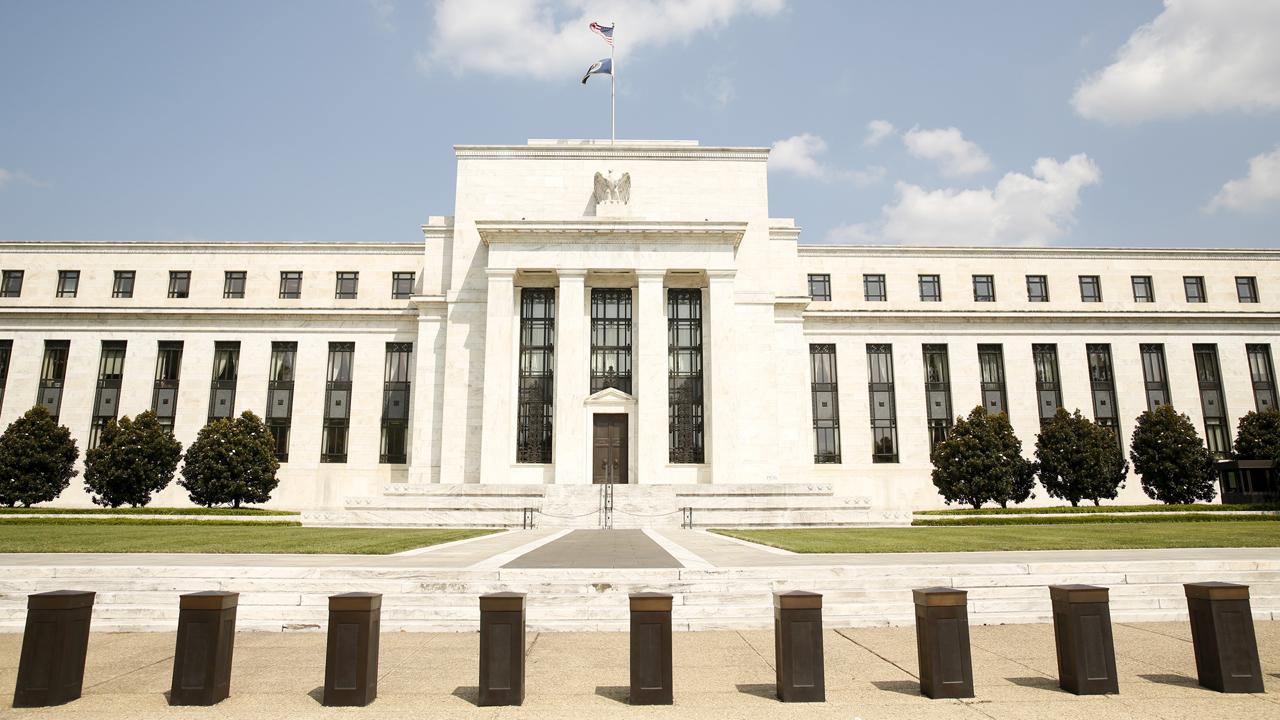Harvey caused 'broad disruptions' to U.S. economy: Fed
Hurricane Harvey’s impact on the U.S. economy was felt by a wide range of industries, the Federal Reserve said Wednesday in its latest survey.
The central bank’s “Beige Book” was largely prepared before Harvey made landfall Aug. 25, and officials noted that it was too early to “gauge the full extent of the impact.” But businesses offered an early assessment of the storm’s impact on energy infrastructure, freight haulers and other areas.
Harvey caused “broad disruptions” to economic activity along the Gulf Coast in the Dallas and Atlanta districts, where many firms were closed due to flooding, the Fed wrote. Houston and neighboring cities in southeast Texas saw massive flooding that displaced thousands of residents.
The Fed also noted that a fifth of oil and natural gas production in the Gulf of Mexico was taken offline, while onshore shale production in the Eagle Ford region also paused due to Harvey. Given outages at numerous refineries and pipelines, businesses expected fuel supplies to remain under pressure in the southeastern U.S.
The Richmond district reported a spike in freight prices after the storm because freight was redirected to different locations. The Port of Charleston was bracing for increased volumes in the coming weeks, as shipments destined for the Port of Houston were being rerouted.
Texas Gov. Greg Abbott has said the total cost of Harvey’s damage could reach $180 billion.




















